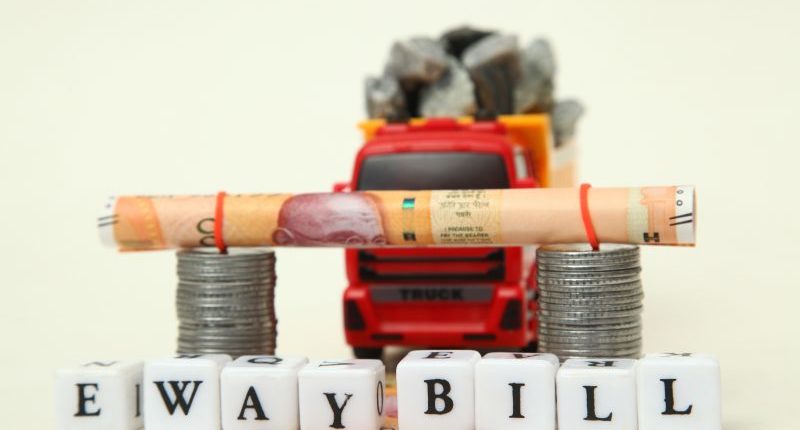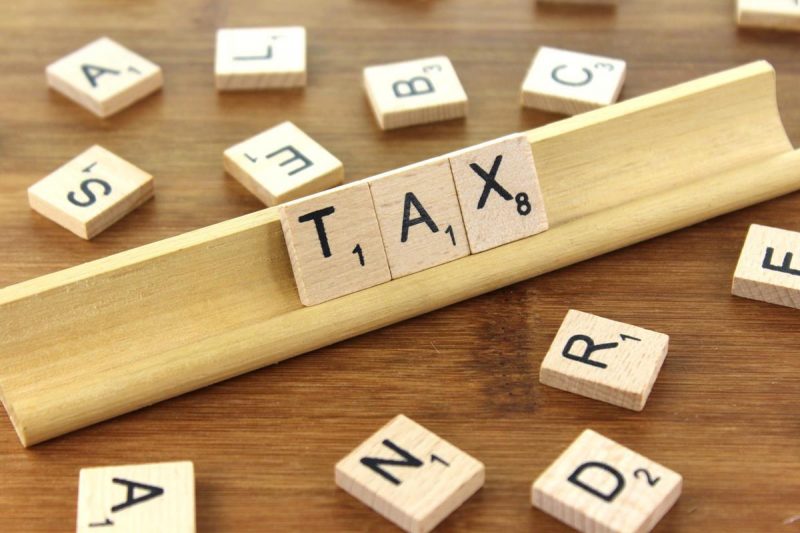The department for indirect taxes as well as the government is planning to introduce severe measures against taxpayers who are failing to complete their GST return filing. This decision is being undertaken as the tax department feels that the continued decline in GST collections is due to non-filing of GST returns.
As per sources, the indirect tax department intends to stop the facility of generating an e-way bill for a taxpayer who has not filed his/her two successive GSTR-3B returns starting from 17 November 2019. Every GST-registered taxpayer has to file GSTR-3B, which is a monthly return. GSTR-3B comprises information regarding sales transactions/purchases initiated by a business.
After a taxpayer finishes filing one of the returns which is pending, his/her facility to generate an e-way bill will be restored automatically. According to sources, connectivity, which is needed between an e-way bill system and GST Network (GSTN), as well as an application, which is required for blocking and unblocking the facility to generate an e-way bill, has been developed. Tested between the two systems has also been completed.
Also Read: Implementation of e-way bill rule 138E stands deferred till 21 November
As of 8 November 2019, the tax department said that around 21.99 lakh taxpayers have still not filed their GSTR-3B returns for months August and September 2019. These non-compliant taxpayers might not be able to generate e-way bill starting from 17 November. The tax department intends to send alert messages to defaulters asking them to complete their return filing within 17 November when they visit the e-way bill website.
With only five more months left for this financial year to end, this might be the newest move the government intends to attempt with an aim to improve GST revenue collections.
For any clarifications/feedback on the topic, please contact the writer at bhavana.pn@cleartax.in
Bhavana is a Senior Content Writer handling the GST vertical. She is committed, professional, and has a flair for writing. When away from work, she enjoys watching movies and playing with her son. One thing she can’t resist is SHOPPING! Her favourite quote is: “Luck is what happens when preparation meets opportunity”.





